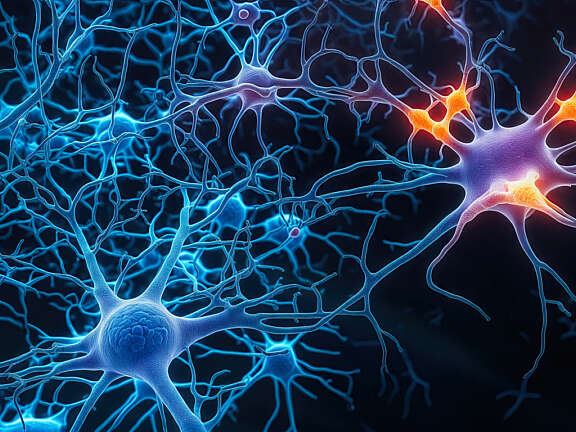6 Simple Ways to Protect Your Brain & Memory


Approximately 6.7 million Americans aged 65 and older are living with Alzheimer's disease. By 2050, that number could rise to nearly 14 million as the population ages.
The good news is that while your family history can play a role in whether you develop Alzheimer’s, lifestyle choices are equally important.
Here are six simple steps you can take now to help safeguard your brain and enhance your memory.
1. Stay Physically Active
If you’ve ever felt mentally sharper after taking a brisk walk, you know firsthand the cognitive benefits of exercise. Physical activity boosts blood flow to the brain, delivering essential nutrients and oxygen that enhance mental clarity and focus.
Exercise also stimulates the growth of new blood cells and neurons that enhance brain health. Plus, it promotes the release of brain-derived neurotrophic factor (BDNF), a protein that plays a key role in learning and memory.
What type of exercise should you do? Walking, running, swimming, and cycling can all support brain function—as can tennis, pickleball, basketball, and other sports you enjoy. Lifting weights also supports your brain by building muscle mass, which is important because a loss of muscle can speed up mental decline.
2. Exercise Your Brain
In addition to staying physically active, it’s important to exercise your brain. Doing mentally stimulating activities—like puzzles, reading, or learning to play a musical instrument—stimulates areas of your brain that improve your attention, memory, and problem-solving skills.
Brain-boosting activities also support neuroplasticity, which is your brain’s ability to organize and form new neural connections. Simply put, the more you use your brain, the better it gets at handling new information and tasks.
3. Eat Foods that Support Brain Health
Many experts recommend eating a MIND Diet, which is a combination of the Mediterranean and DASH diets. It includes plenty of fresh vegetables and leafy greens, berries, nuts, beans, fish, poultry, and olive oil.
You also want to limit sugary foods and sodas, refined carbohydrates like white bread and pasta, trans fats, highly processed foods, and excessive alcohol. Red meat and processed meats (like hot dogs, bacon, and deli meats) have also been linked to cognitive decline.
4. Get Plenty of Sleep
Sleep is very important for your brain. While you’re asleep, your brain processes and organizes information from the day, which helps to lock in memories. Plus, while you sleep your body clears out toxins and waste in your brain that accumulates during the day. Sleep also promotes neuroplasticity, which is your ability to learn new skills.
While sleep needs can vary from person to person, aim to get seven to nine hours of sleep each night. Consistently sleeping too little or too much is associated with an increased risk of dementia later in life.
5. Manage Stress
When you’re stressed, your body produces cortisol, often called the “stress hormone.” Cortisol prepares you for a fight-or-flight response by providing the energy needed to react quickly in emergencies—like escaping from a bear.
Most of us, however, don’t encounter bears in our daily lives. Instead, we encounter stressors like work, money, or health worries. With each of these stressors, our body releases cortisol (just like it would for that bear), and over time it can damage the areas of your brain that are associated with learning and memory.
While we can’t avoid stress, we can manage it. Some of the best stress reducers include physical activity, yoga, meditation, and spending time with friends and loved ones.
6. Stay Hydrated
Our brains are about 75% water. That high water content is necessary for critical functions like delivering nutrients our brain needs, regulating our brain temperature, and keeping our brain cells healthy. Even being mildly dehydrated can affect our ability to pay attention, remember information, and make decisions.
Drink about eight to 10 cups of water per day, and more if you’re exercising or spending time in hot weather. To know if you’re hydrated, pay attention to the color of your urine. Healthy urine should be pale yellow or clear. If it’s dark, it can mean you’re dehydrated.
Take Steps Now to Protect Your Brain
Making lifestyle changes now can go a long way toward protecting your brain and your memory as you age. Simple lifestyle changes, such as staying physically active, eating a balanced diet, and engaging in mental exercises can make a difference.
If you’re concerned about cognitive changes in yourself or a loved one, your Innovista Medical Center provider can help. We’re here to support not only your physical health but your mental well-being too.
